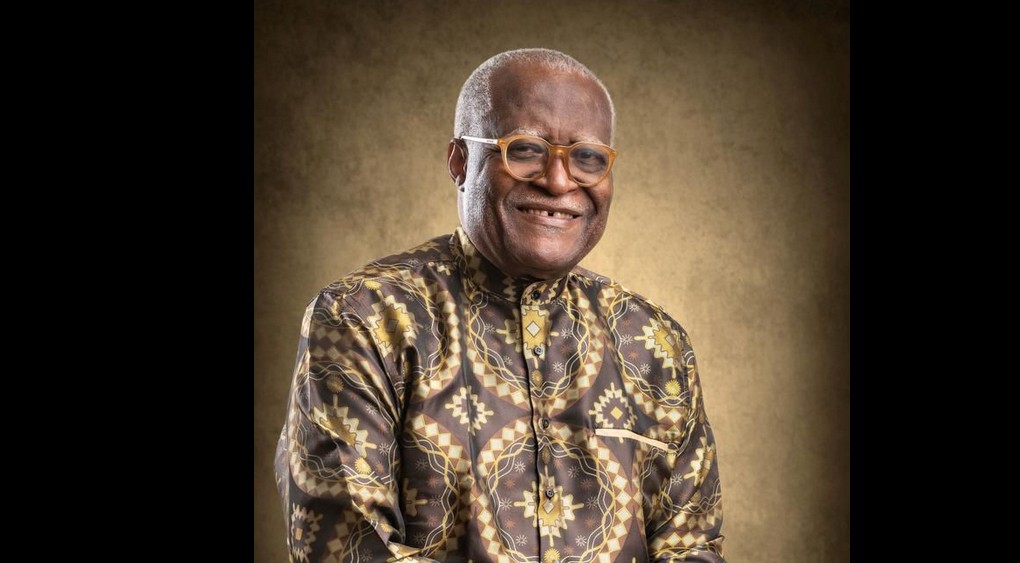- Details
- Politics
Cameroon’s Akere Muna Dismantles Biya’s Illusion of Victory
[YAOUNDÉ, Oct 18] –Prominent lawyer and governance advocate Akere Muna has delivered a scathing critique of Cameroon’s post-election stalemate, describing the ruling elite’s refusal to accept defeat as “the bull’s illusion of possible victory.”

His essay, circulating widely among civic and diplomatic circles, compares the regime’s current behavior to a wounded animal charging at shadows—unable to perceive that the arena no longer belongs to it but to the people whose patience has reached its limit.
The Blind Charge of Power
“Head first, they charge, tinkering with voting results and spreading the myth of the incumbent’s unshakable strength in rural areas—those very areas where the people suffer most,” Muna writes.
He accuses the government of manufacturing the image of popular support while eroding its last fragments of legitimacy.
The “bull,” he says, now mistakes fear for loyalty, silence for consent, and manipulation for governance.
The metaphor captures a political order trapped in denial—a system whose reflex is repression rather than reflection.
A Nation Watching, a Continent Waiting
Muna reminds readers that Cameroon stands at a moral crossroads comparable to Senegal in 2000, when outgoing president Abdou Diouf peacefully conceded defeat.
“That singular act of recognizing the will of the people became the compass that guides Senegal to this day—a legacy of dignity that echoes through history,” he notes.
Diplomatic observers interpret the reference as a direct appeal to Paul Biya—Africa’s oldest sitting president—to avoid the dishonor of ending his career in defiance of democratic truth.
The People’s Arena
Muna’s imagery turns the national space into an arena now owned by citizens rather than rulers:
“The arena is filled with the silent, determined mass of the people, who have spoken openly and loudly for change.”
Across the country, from Douala to Garoua, that silent mass is no longer afraid. Their patience, he warns, should not be mistaken for weakness.
43 Years Later — The Red Cape of Illusion
After four decades of endurance, the metaphor concludes with a warning:
“The bull, in its final, desperate charge, sees only the red cape of its own illusion, not the matadors of destiny who await its fall.”
Muna’s final line resonates as both prophecy and caution. The red cape is the illusion of invincibility; the matadors are truth, justice, and time—forces that no regime, however brutal or entrenched, can escape.
- Details
- News Team
- Hits: 160
